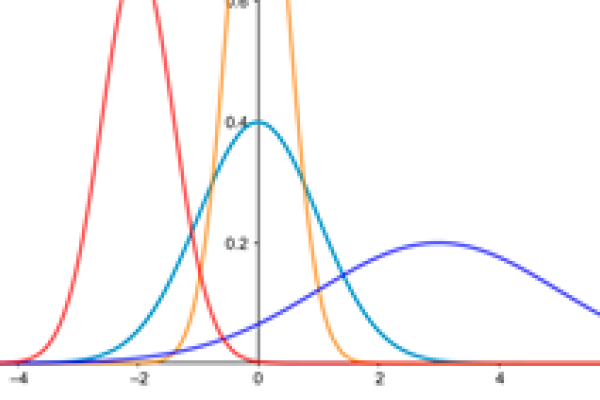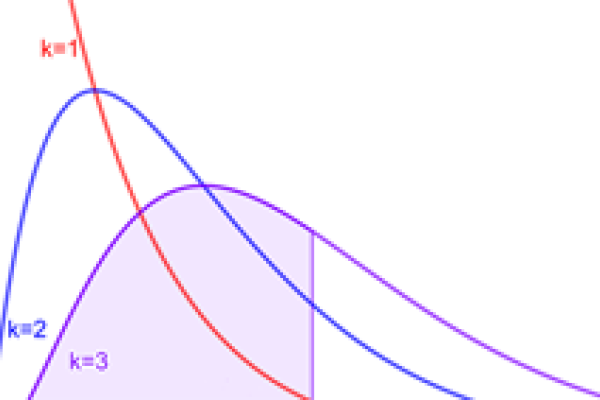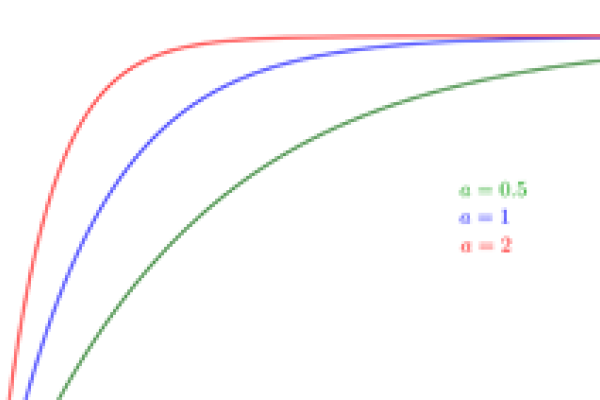Article


Maths in a minute: Limits
Find out about the beautifully intuitive concept that lies at the heart of calculus.
Want some maths and want it fast? Our Maths in a minute series explores key mathematical concepts in just a few words. From symmetry to Euclid's axioms, and from binary numbers to the prosecutor's fallacy, learn some maths without too much effort.










How does water, or indeed any fluid, move? The Euler equations let us look beneath the surface and mark the beginning of modern fluid dynamics.
